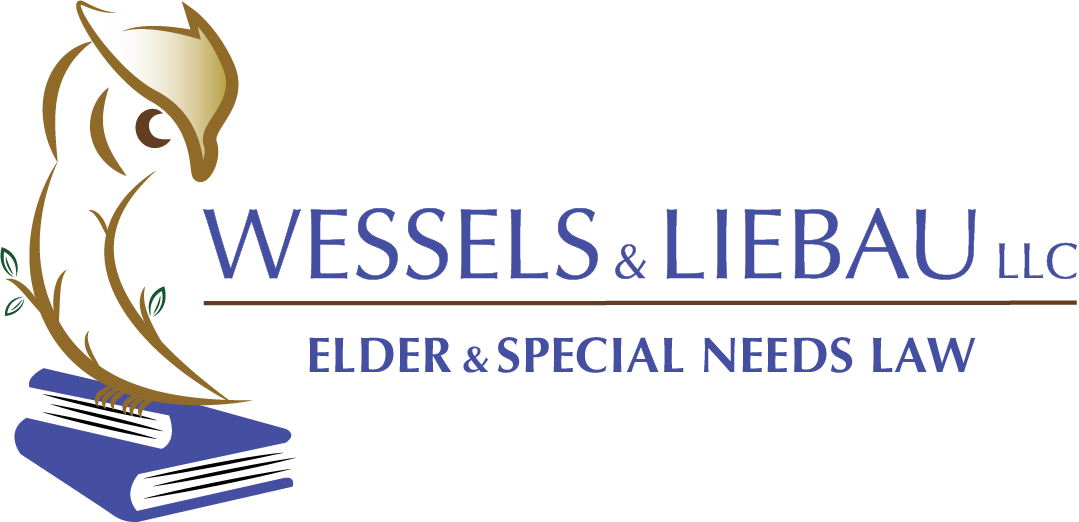
Guardianship
Guardianship, Protective Placement, and Supported Decisionmaking.
Guardianship is the legal process of appointing a decision maker for someone who lacks the ability to make decisions themselves due to disability or illness.
In Wisconsin, we have two types of guardianship: guardian of the person and guardian of the estate. A guardian of the person may handle decisions such as where a person lives, what sort of medical care they receive, when and how they can travel, and other important life decisions. A guardian of the estate generally handles money management decisions. A person who has comprehensive powers of attorney may be able to avoid guardianship. Also, not everyone who has a disability needs a guardian. “Protective placement” is a separate but related court proceeding when someone under guardianship resides in a residential facility of a certain size.
Many people are encouraged to pursue guardianship without an attorney because they are told it is a “simple” process. However, guardianship can be a very complex process. Guardianship involves removing or limiting some of a person’s constitutional rights. For that reason, the court has very specific deadlines and procedures that must be followed, even in “simple” uncontested cases. Also, even in “simple” cases, it is usually beneficial to ask for additional authority to perform certain tasks that are not stated in the “standard” guardianship forms. Not following the appropriate procedures, or not asking for the correct authority, can mean delays, extra expense, or even the dismissal of a guardianship petition. In contested cases, when someone is objecting or fighting, the process becomes even more complicated. In those cases, a full trial is held, which requires arranging witnesses and preparing testimony, and in some cases even a jury trial.
Wessels & Liebau LLC has extensive experience in the following areas:
Representing individuals in petitioning for guardianship over their loved one with a disability. This could be a child petitioning for guardianship over their mother with dementia, or parents petitioning for guardianship of their adult child with intellectual disabilities upon turning age 18.
Representing the “proposed ward,” and defending against an unnecessary or inappropriate guardianship. Sometimes this is called serving as “adversary counsel.” This might be because a person is not incompetent. Or, they might have perfectly good estate planning to avoid the need for guardianship. Or, the person may simply require representation to make sure their rights are being respected throughout the process.
Representing guardians when a guardianship has already been established. The guardian may need to ask for more authority or resolve some sort of issue.
Representing wards when a guardianship has already been established. This could happen in cases of abuse or mismanagement. Or, the guardianship may simply not be necessary any longer.
Providing guidance to clients trying to figure out if guardianship is the right choice, or if powers of attorney and supported decisionmaking may be more appropriate.
Transferring an out-of-state guardianship to Wisconsin, and vice versa.
The attorneys at Wessels & Liebau represent clients throughout the guardianship process and at all levels of the court process, throughout the state of Wisconsin.


